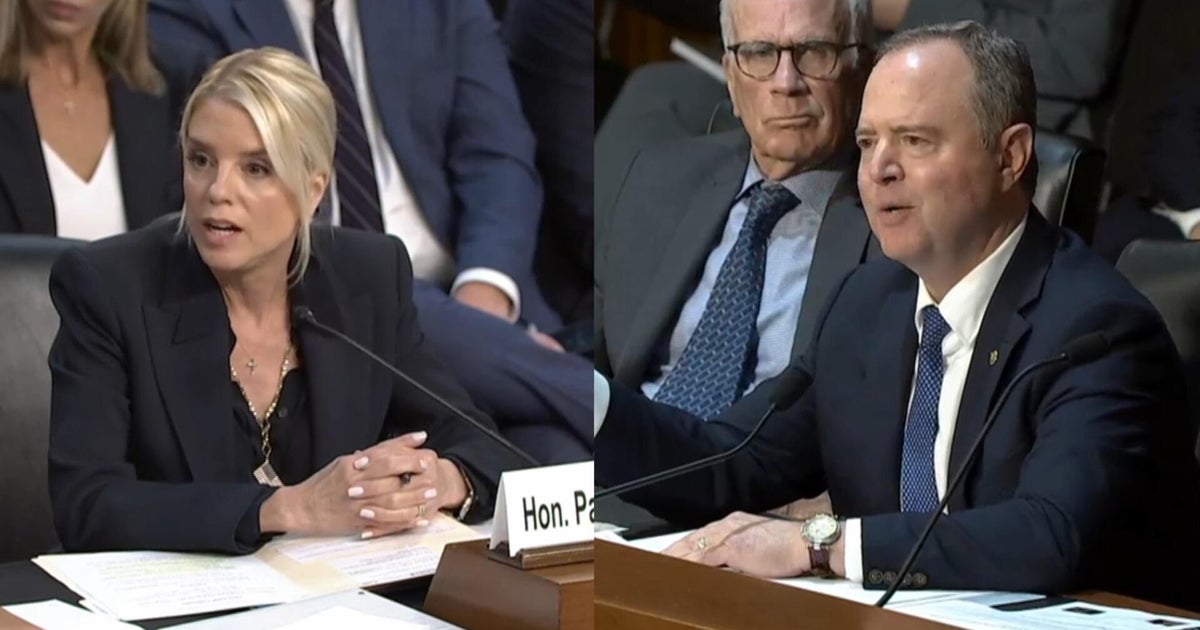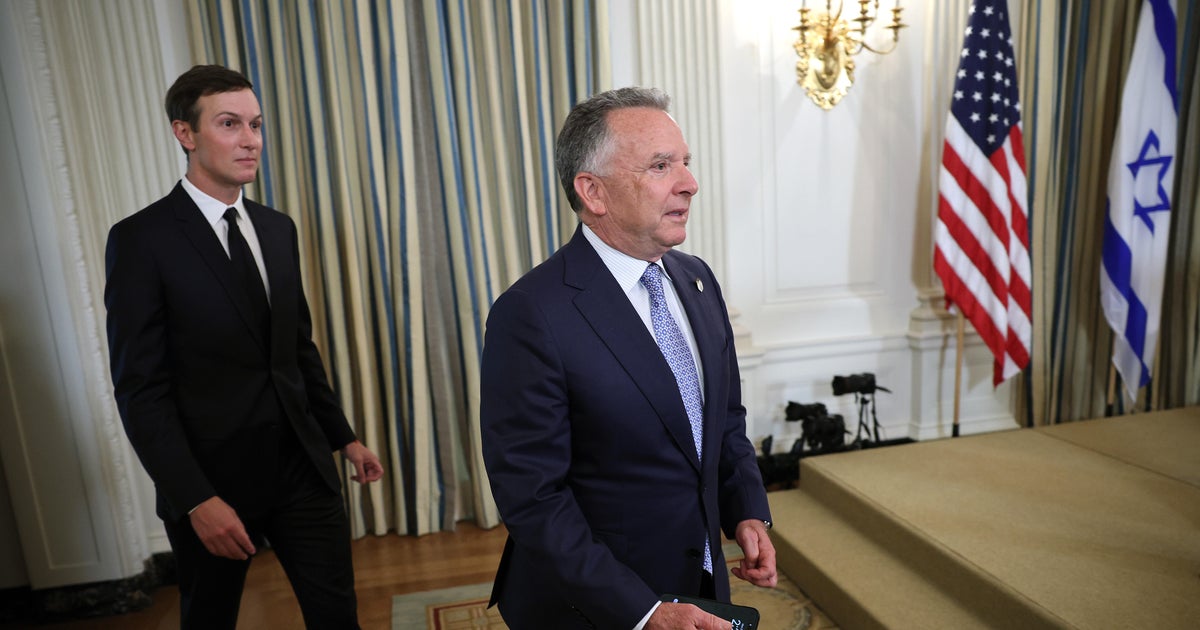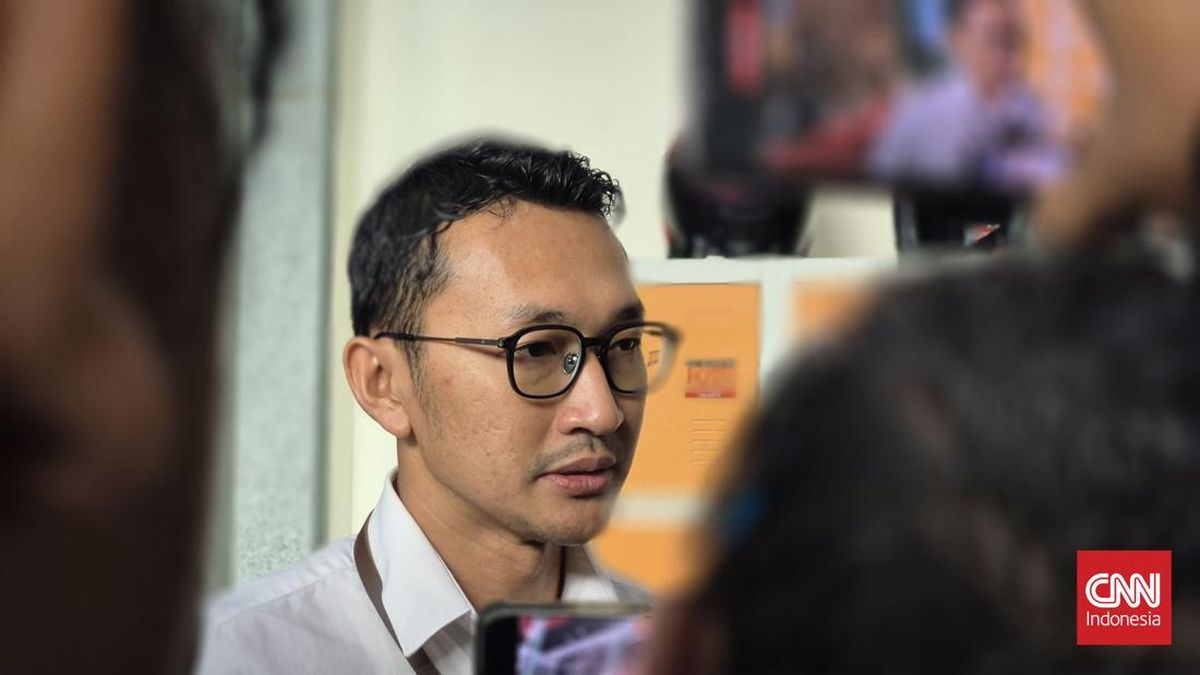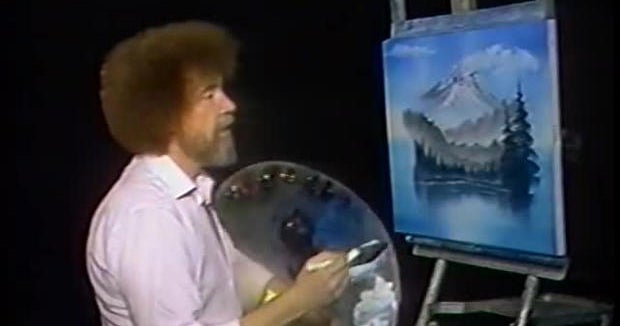When Therese Frangie graduated from western Sydney’s Maronite College of the Holy Family two decades ago, it was with no immediate plans to attend university. She couldn’t have, even if she wanted to.
“I did not do well in my HSC … I left school having no idea what to do,” Frangie recalls. Although she was a grade A student before year 12, a combination of pressure and a lack of focus ultimately led to Frangie being rejected from every one of her course preferences.
She’s now the chief executive of Oporto.

Therese Frangie is now the chief executive of Australian Portuguese chicken giant Oporto, but two decades ago, she left school without acceptance into her preferred university courses, or a plan.Credit: Jessica Hromas
Frangie did not get to the top of the Portuguese chicken giant’s pecking order without tertiary qualifications – she eventually embarked on a diploma of business management from TAFE, and later completed a master of business administration while working as Mad Mex’s chief operating officer (during which, she stresses, she maintained a 6 Grade Point Average).
Loading
But it was some post-HSC words of wisdom from her parents, and her teenage part-time job on another fast-food franchise’s restaurant floor, that set Frangie on her C-suite path.
“KFC offered me an assistant manager role and I thought, ‘OK’. My parents were like, ‘Just do something.’
“That was their thing, you just have to do something. So I took the full-time assistant manager role, and then I realised, actually, I really like business.”
And the rest, as they say, is history.
Loading
Penman’s wish is for his 16-year-old son to pursue a skilled trade with an apprenticeship, because of his strengths, the earning potential, demand for services and the opportunity for self-employment.
“It doesn’t require spending years and years running up debts to get some qualification, which may be useless,” he says.
Though Penman describes white-collar jobs as “a little bit chancy” with the rise of AI, and for most roles at Jim’s Group, he looks at a potential employee’s “character first, experience second, qualifications last”, that doesn’t mean tertiary qualifications are unnecessary.
You can’t be a plumber without a qualification, Penman says; just like teachers and nurses, both jobs in high demand in Australia, need credentials. But with UTS closing its schools of education and public health, the element of uncertainty prevails. (Its bachelor of nursing is still offered under the faculty of health.)
The solution? Get comfortable with the uncomfortable. And go in with a back-up plan.
What university degrees will be the most valuable?
Tech executives and the big four consulting firms are emphasising the importance of “human skills” – critical thinking, a growth mindset and curiosity – as much as specific technical knowledge, which is required to make informed decisions when working with AI.
Qualifications executives predict will be valuable for the year 12 class of 2025
- Broad degrees: Bachelor of business, arts, science.
- Healthcare: Nursing, sports and exercise science (with strong technology and AI knowledge from postgraduate degrees).
- Education.
- Skilled trades.
- Digital literacy: Data analytics, financial technology, AI and cybersecurity knowledge.
- Engineering: Renewable energy.
“There are so many accountants that may be fearful that the machines could do the large chunk of their work,” says Brett Houldin, who studied accounting and is the chief executive of cult chicken chain El Jannah.
Loading
“It’s how you bring information to the real world that computers won’t be able to do. There still needs to be interpretation and decision-making off the back of it.”
Soft skills are a critical element in the workforce that can’t disappear, says Danielle Haddrick, chief executive of Australian fashion brand Shona Joy.
Learned through internships, extracurricular activities or part-time jobs – like Frangie’s teenage KFC role, or Penman’s son’s job at McDonald’s, which he says is “fantastic training” – they are what set candidates apart in the job interview process, Haddrick says. But they’re not everything.
“I don’t think you can completely rely on that,” says Haddrick from New York Fashion Week. “There’s a huge level of what university teaches you in terms of how to work hard, how to work with teams and how to be driven.”
Pinpointing a single tertiary qualification as the most advantageous for the year 12 class of 2025 to pursue, however, is something Bunnings managing director Michael Schneider finds tricky.

Bunnings managing director Michael Schneider anticipates heightened value in renewable energy and digital literacy qualifications in the coming years as much as healthcare, education and trades.Credit: Bunnings
“The skills landscape is evolving rapidly,” says Schneider, who anticipates heightened value in renewable energy and digital literacy qualifications in coming years as much as healthcare, education and trades.
“Keeping some breadth in your initial years of study could help to ensure you can discover what’s right for you.”
Loading
Like Schneider, Frangie argues there is value to pursuing a broad degree – such as a bachelor of arts, business or science – for those who want to go to university but may not have specific plan.
“As they start studying, they either realise what they like or see where the world is headed, and potentially pick a specialist skill from there,” says Frangie. “Every field is valuable. Some may pivot and change, as we know, with technology and AI, but the key is having that growth mindset and that ability to adapt and change with whatever comes your way.”
How can I make AI work for, rather than against, me?
For those who may be more open to specialisation initially, Rebecca Frizelle, OAM, former car industry leader and current co-owner of the NRL’s Gold Coast Titans, says in addition to healthcare due to Australia’s ageing population, she sees future demand for graduates with business degrees and strong data analytics, financial technology, AI and cybersecurity knowledge.
For those whose passion lies with sport but who may not have the level of skill required to be on-field, for example, Frizelle says sports technology, including integrating AI with health and performance outcomes, is an area that’s growing.
That could mean studying sports and exercise science or engineering, computer science or data science as an undergraduate, and then pursuing a specific postgraduate marrying the two.
“No matter what role you’re going to be doing … a really good understanding of how to use AI effectively and get the best out of it … can only enhance what you’re doing in terms of your efficiencies and your learning,” says Frizelle, noting the Titans are starting to use AI to predict player performance, including flat spots.
“You’ve got to be able to use technology and be competent around AI ... If you’ve not used it, start using it, test it in all sorts of different ways.”
“I don’t think there’s ever one ‘golden ticket’ degree. To me, the most valuable qualification is the one that builds a strong foundation in critical thinking, problem-solving and adaptability.”
Danielle Haddrick, Shona Joy chief executiveHaddrick agrees, noting those who can “harness AI to work more efficiently and make smarter decisions have the advantage” – but they need to be able to pair their technical knowledge with creativity and people skills.
A core element to embracing AI is an adaptive mindset and taking the initiative to continue learning, Haddrick says, qualities that don’t have a degree as a prerequisite. Employers, however, won’t find signs of those skills on an empty résumé either.
The million dollar common-sense advice from CEOs
Bunnings’ Schneider, who initially wanted to be a marine biologist and then a teacher, says what matters most is finding something that “excites you” and “makes you want to show up and give your best every day”. Frizelle and Houldin agree, especially considering multiple career changes are common.
“Be open-minded on the fact that you’re going to have many different careers, not just one,” says Houldin.
Frangie builds on this, echoing her parents’ advice two decades on: “Just do something.”
What Australian CEOs want theyear 12 class of 2025 to know
- Bunnings managing director Michael Schneider: Have a back-up plan – and don’t worry if your first step isn’t perfect.
- El Jannah chief executive Brett Houldin: Show initiative – even if you don’t go to university, part-time jobs, or even travel, on a CV show that you’re proactive and can problem-solve.
- Gold Coast Titans co-owner Rebecca Frizelle: Pick up the phone and ask people questions – curiosity is essential to adapting to the age of AI. And so is being able to connect with a fellow human.
- Jim’s Group founder Jim Penman: Get work experience as early as you can – whether it’s mowing lawns or a casual McDonald’s job, it’s the best way to learn about the world.
- Oporto chief executive Therese Frangie: Just do something – there is a whole life ahead of you, and even if you don’t know what you want to do, the first step is to take one.
- Shona Joy chief executive Danielle Haddrick: Deliberately step outside your comfort zone now – it will teach you resilience, new skills, and broaden your network and future opportunities.
“If you think a degree is for you, great. Go do a degree,” says Frangie. “If a degree is not for you, then maybe get an entry-level role somewhere and start in different functions until you work out what you want to do.”
“If you start somewhere, you find a passion for something, and you work hard, and you have that growth mindset, you can get to where you want to go. This is the beginning of your learning, not the end.”
Most Viewed in National
Loading


















































